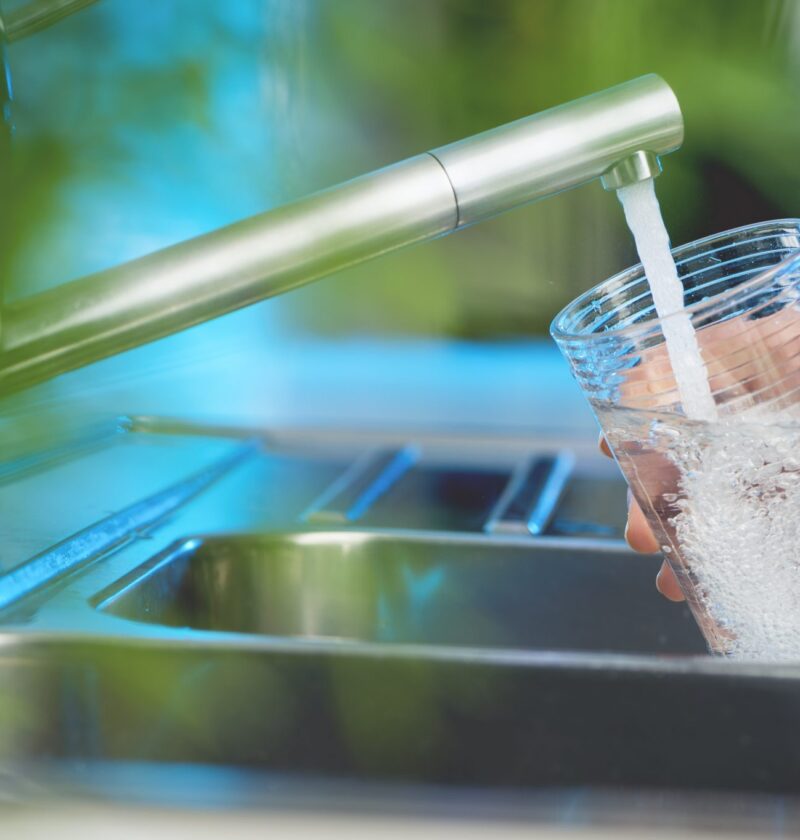Water is a life-giving element, necessary for all biological processes that sustain us. And yet, despite its importance, millions around the globe lack access to clean, safe drinking water, raising concerns about health and sanitation. To ensure the availability of safe drinking water, we need to understand, value, and prioritise water quality testing.
What is Water Quality Testing?
Water quality testing refers to the scientific process of analysing a water sample to determine its cleanliness, safety, and composition. It assesses the presence of various substances such as chemicals, microorganisms, and minerals that could potentially make the water unsafe for consumption or use.
By testing the water quality, we can establish whether the water is suitable for its intended purpose, be it for drinking, irrigation, recreation, or industrial use. Specifically, for drinking water, quality testing aims to ensure the water is free from pathogens and toxins that could lead to diseases.
Why is Water Quality Testing Crucial?
- Health Protection
Perhaps the most critical reason for water quality testing is health protection. Contaminated water can harbour a range of pathogens such as bacteria, viruses, and parasites, causing waterborne diseases like cholera, typhoid, and dysentery. Chemical contamination can lead to chronic conditions such as kidney damage, neurological disorders, and even cancer. Regular testing and treatment can prevent these health risks.
- Environmental Conservation
Clean water supports healthy ecosystems, which, in turn, support human and animal life. By keeping tabs on water quality, we can identify and mitigate pollution sources, protecting the biodiversity within our water bodies and safeguarding our environment.

- Legal Compliance
For businesses and utilities providing water to the public, regular water testing is not only a health and ethical obligation, but also a legal requirement. By adhering to the standards set by authorities like the Environmental Protection Agency (EPA), businesses can avoid legal issues and contribute to public health.
- Confidence & Peace of Mind
Put simply, knowing that your water has been tested and is safe to drink can give you peace of mind. For businesses, it can enhance customer trust and brand reputation.
The Role of Mains Connected Water Coolers
When it comes to ensuring access to clean drinking water, especially in workplaces, educational institutions, or commercial establishments, a mains connected water cooler is a viable solution.
These devices connect directly to your building’s main water supply, passing the water through advanced filtration systems before cooling and dispensing it. This not only eliminates the need for plastic bottled water, reducing environmental impact, but also ensures the provision of fresh, safe, and cool drinking water at all times.
It is, however, crucial that the incoming water supply undergoes routine quality testing to guarantee the safety of the water dispensed.
The Way Forward

As we strive towards a future where everyone has access to safe drinking water, the importance of water quality testing cannot be overstated – it’s crucial for public health, environmental conservation, and regulatory compliance.
Let’s remember that clean water is a collective responsibility; one that requires concerted efforts from governments, businesses, and individuals. Together, we can work towards a world where safe drinking water is not a luxury, but a standard – a fundamental right for all.



